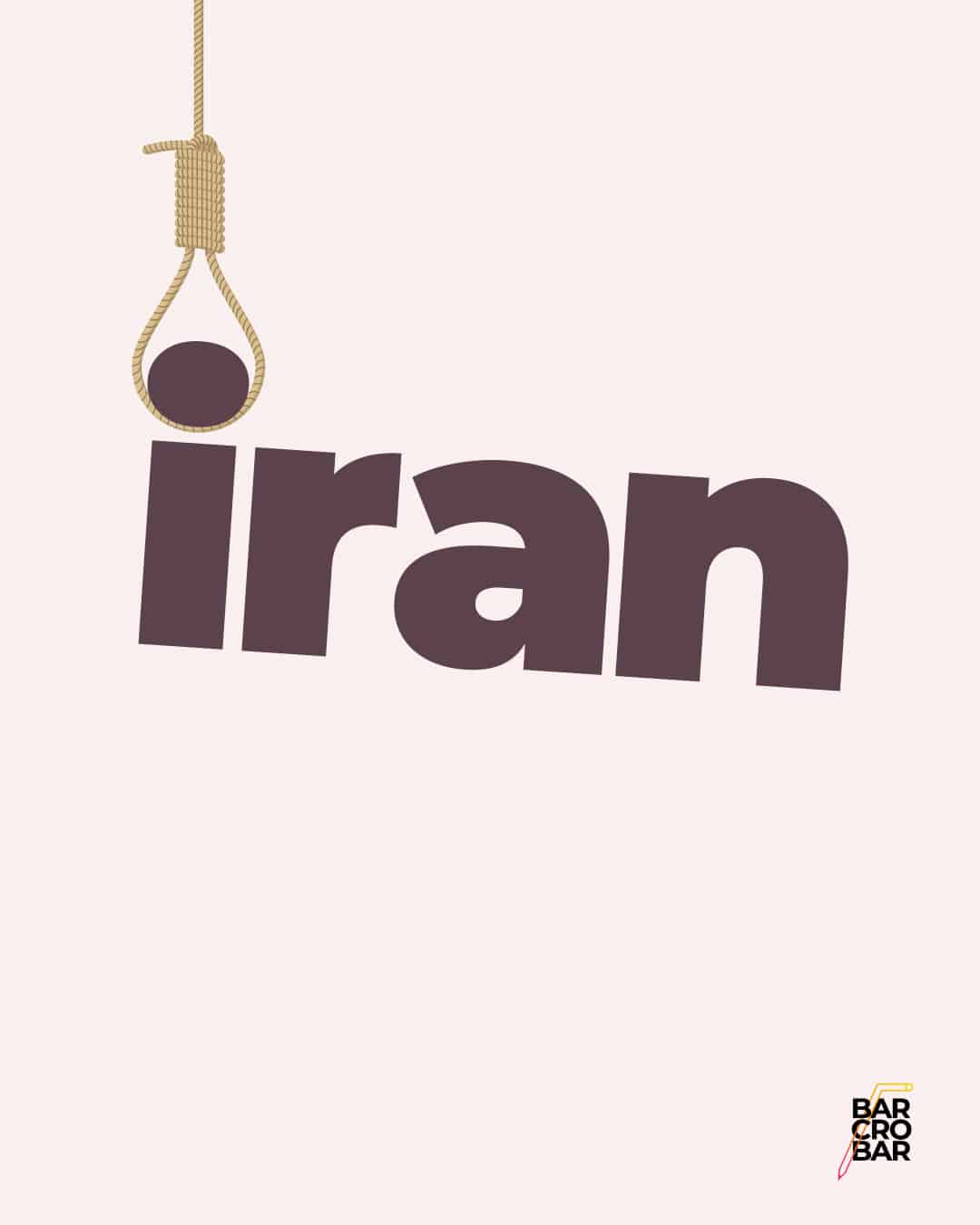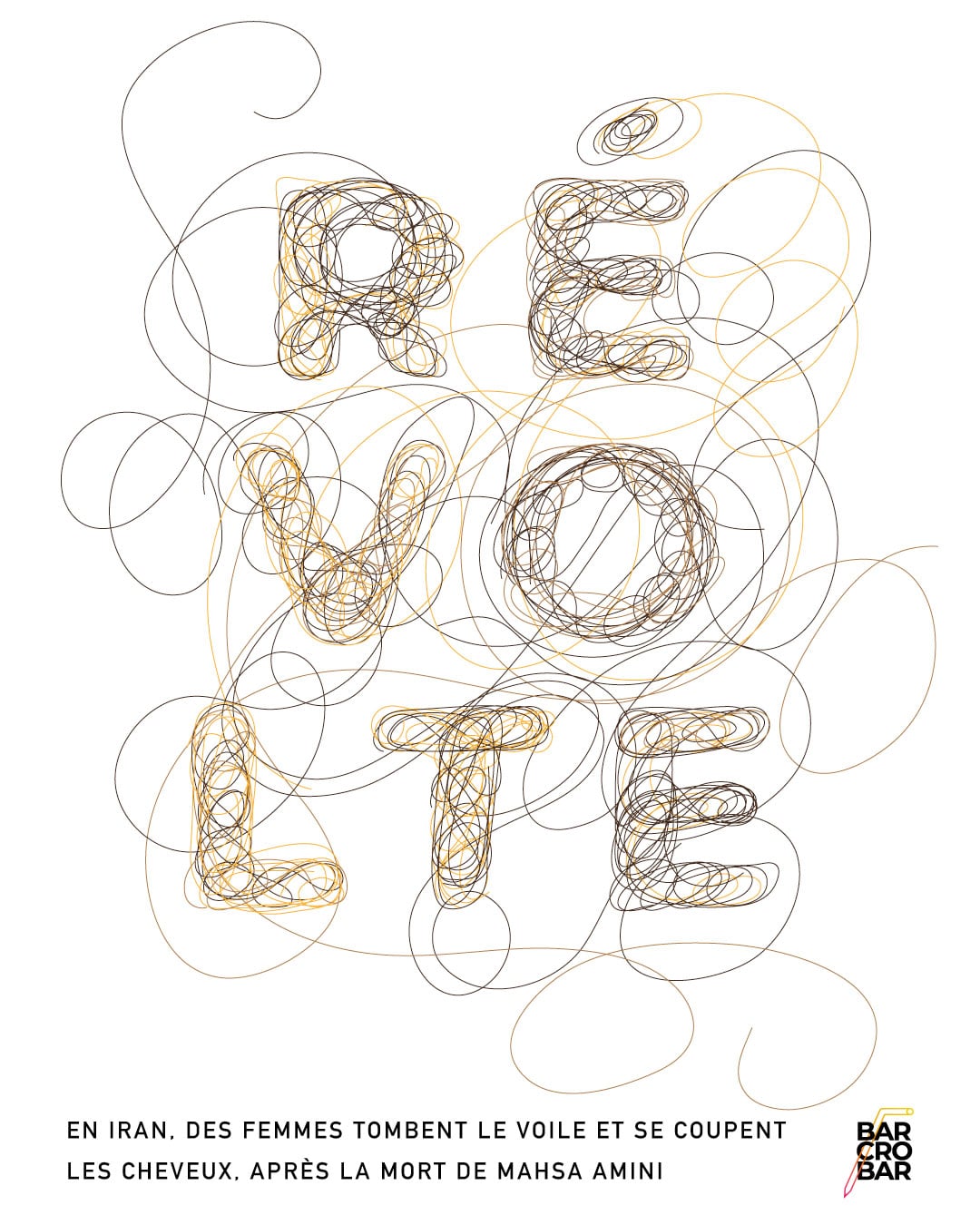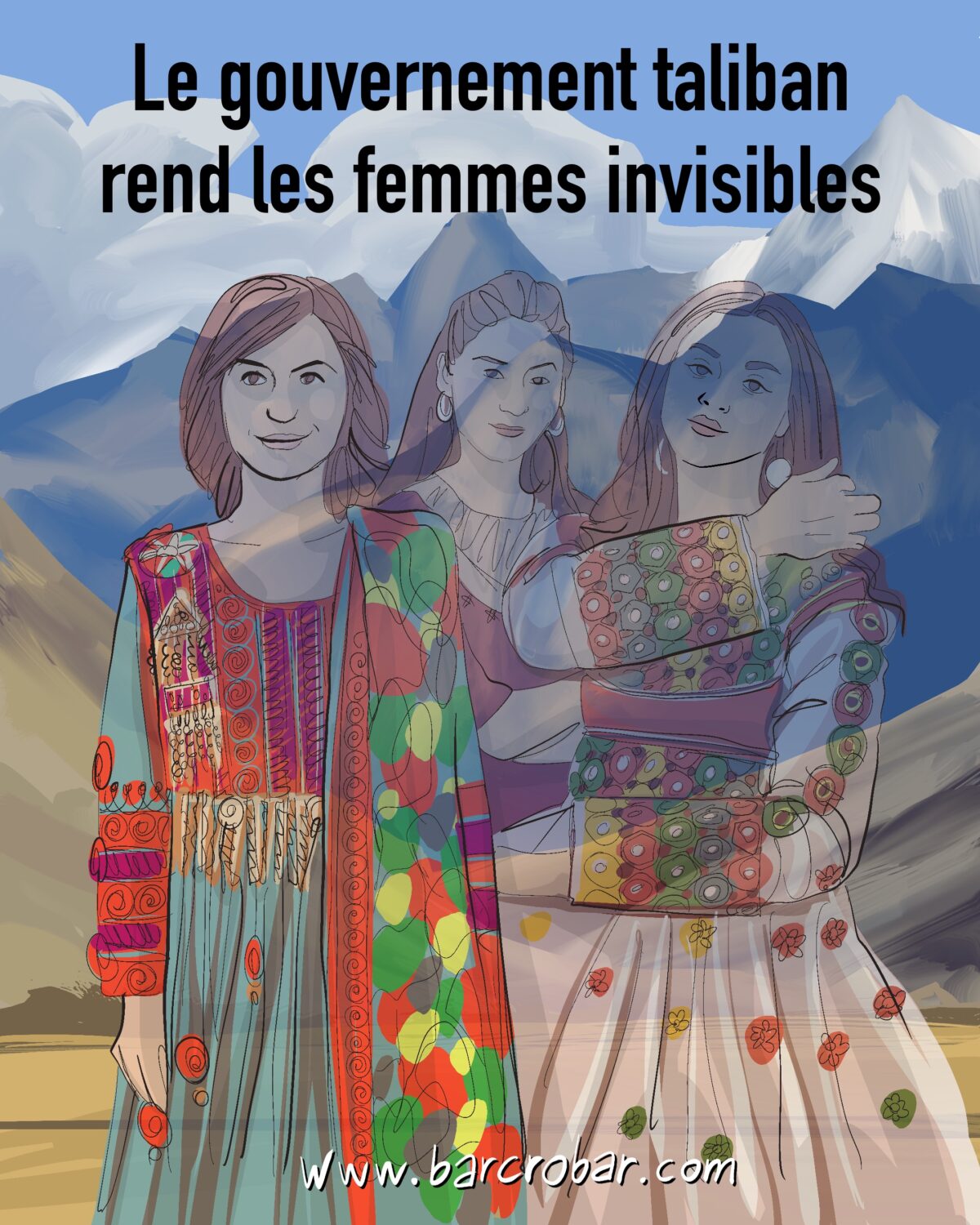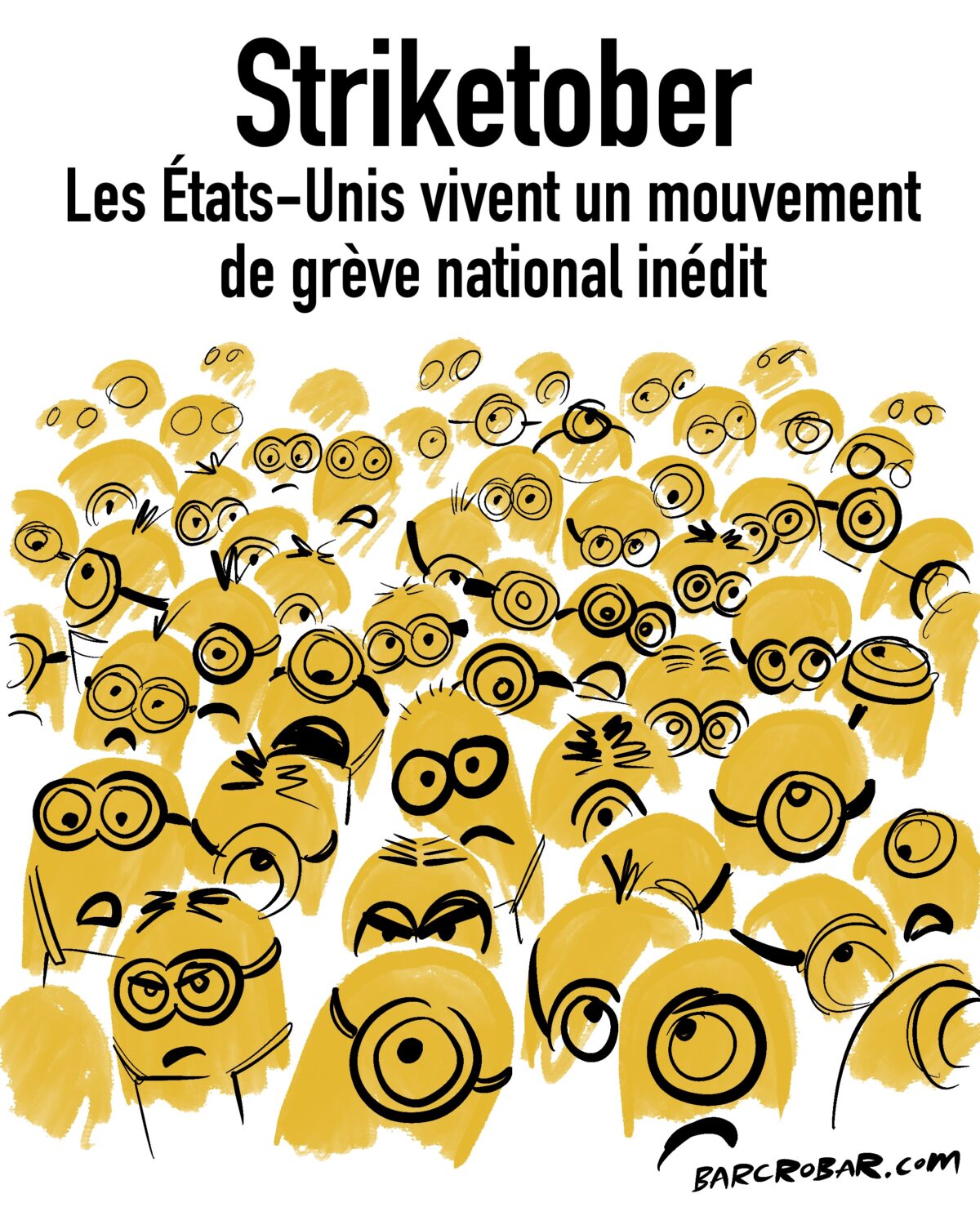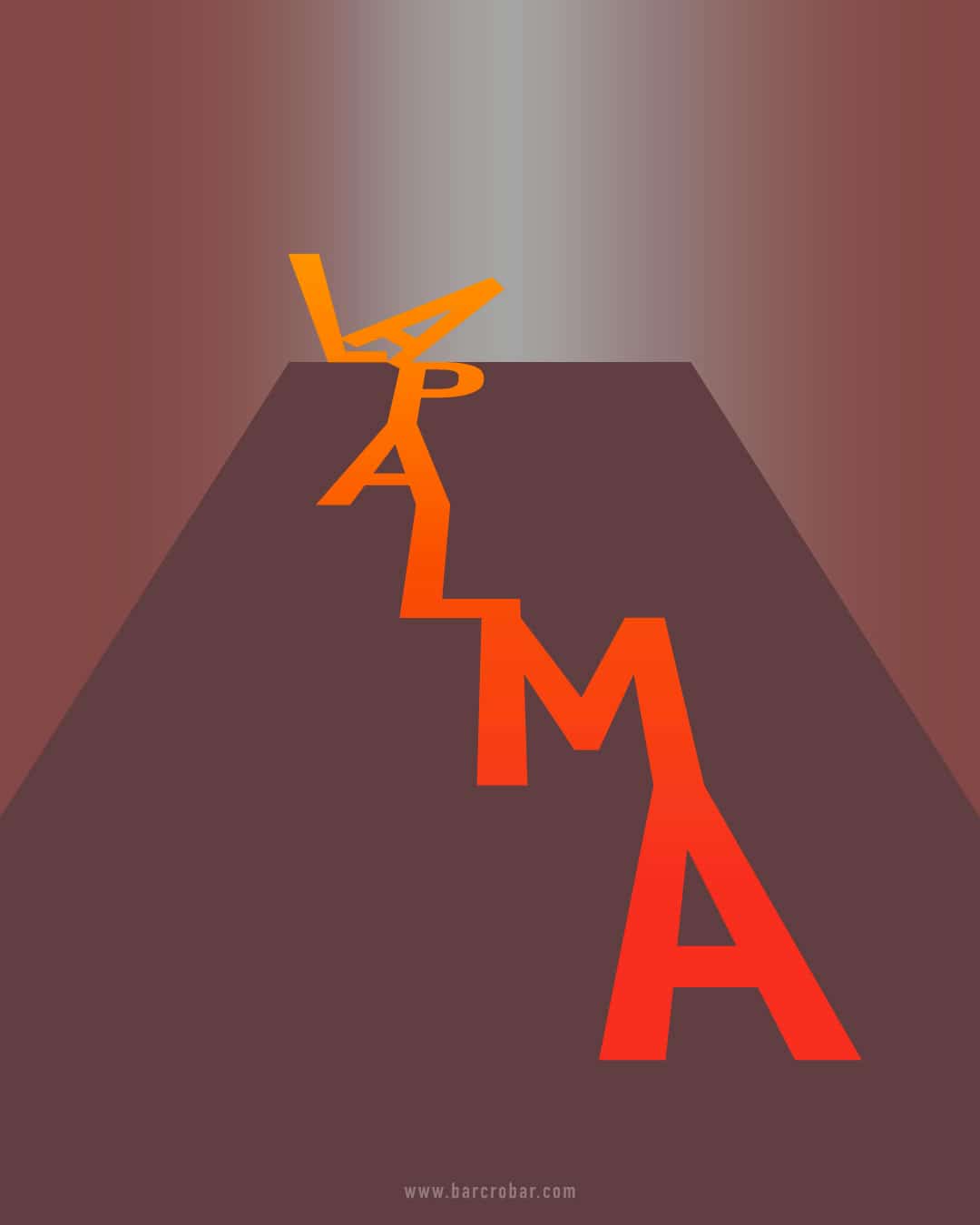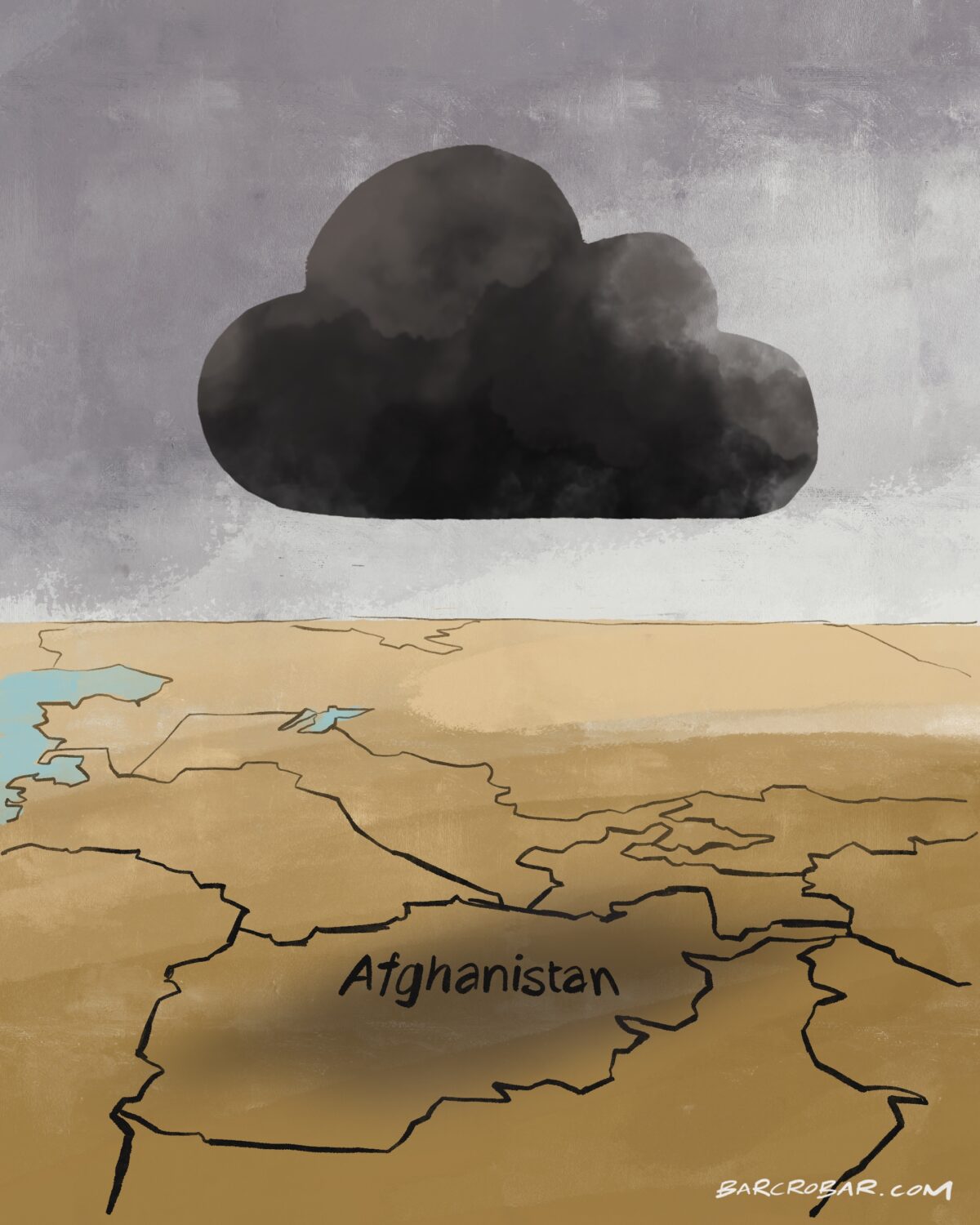COVID-19 - No more masks or health passes, the offices have come back to life and tens of thousands of fans are attending concerts: on Friday 10 September, Denmark turned the page on the restrictions aimed at combating Covid-19, as you can see in the video at the top of this article.
Iceland lifted all its restrictions in June, but had to reintroduce them a few weeks later due to a resurgence of the epidemic. According to AFP's European bureaux, Denmark is currently the only country on the continent to have returned to "life as it was before".
"We're definitely in the vanguard in Denmark because we no longer have any restrictions, we've moved to the other side of the pandemic thanks to the roll-out of vaccination", explained Ulrik Ørum-Petersen, promoter at Live Nation.
On Saturday, the show organiser is organising a sold-out concert for 50,000 people, a first in Europe, which is still weighed down by restrictions. On 4 September, Live Nation had already organised its first festival, aptly named "Back to Life", which drew 15,000 people to Copenhagen.
"Being in the crowd, singing like we used to, it almost made me forget Covid-19 and everything we've been through over the last few months", said Emilie Bendix, a 26-year-old woman who went to the concert.
Introduced in March as a corollary to the reopening, the 'coronapas' was only compulsory in nightclubs from 1 September, a requirement that was lifted on Friday.
73% fully vaccinated Danes
"Our objective is free circulation (...), so what will happen is that the virus will also circulate and will find those who have not been vaccinated", epidemiologist Lone Simonsen, a professor at Roskilde University, warned AFP.
"If the virus is no longer a threat to society, it's only thanks to the vaccine", insisted Lone Simonsen.
Denmark has had no trouble convincing its population of the benefits of vaccination. As a result, 73% of the 5.8 million Danes are now fully vaccinated, and 96% of those aged 65 and over.
With around 500 new cases every day and a virus reproduction rate of 0.7, the Danish authorities believe that the epidemic is under control, although this return to life as before must be coupled with strict compliance with hygiene measures and the isolation of patients.
"Everyday life is broadly the same again, but that doesn't mean that there is no longer any danger on the horizon", stressed Health Minister Magnus Heunicke on Friday morning.
"If you look at the last 18 months, the virus has mutated several times, so I can't guarantee anything (...) But with so many people vaccinated, we're in a good position," he told TV2.
130 hospital admissions only
The only restriction on entry to the Nordic country is that a health passport and/or a negative test must be presented, and a mask must be worn at airports.
"It's been a tough two years, I have three children and with home schooling it's been a lot of hard days, so it's really nice," said Klaus Sylvester, one of the Danes interviewed by AFP in Copenhagen on Friday.
"It's fantastic because the sun is shining, you can go and watch a match or a concert at the stadium, it's really liberating," says the 41-year-old journalist.
For WHO Europe, Denmark stands out for the relationship of trust between the authorities and the public regarding the strategy deployed.
Even so, "each country must remain vigilant if and when the epidemiological situation changes", according to Catherine Smallwood, who is in charge of emergency situations.
Denmark plans to closely monitor the number of hospital admissions - just 130 so far - and to carry out meticulous sequencing of tests, one of its great strengths in recent months in monitoring the evolution of the virus. A third dose has also been offered to the most vulnerable since Thursday.
"Of course if something happens and we need restrictions, I'd have no problem following them again, but I'm pretty confident that won't be necessary, I hope not anyway," explained Mikael Weiling, a 39-year-old architect.
Text by Le HuffPost with AFP

